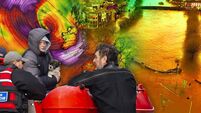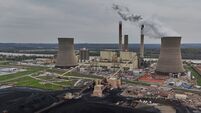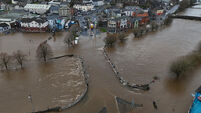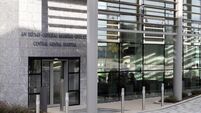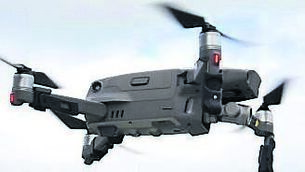Irish Examiner view: Small changes add up on emissions

As much sea life is well beneath the surface, it is not always apparent just how much damage we as a species have done. Picture: François Baelen/Ocean Image Bank
It was sobering in recent days to read about the damage being wrought on the planet’s oceans, and not just in terms of overfishing but the actual acidity of the water.
Described as “a ticking timebomb for marine ecosystems and coastal economies”, the British study showed that the oceans had already crossed the natural limit beyond which its ability to remain healthy is in danger of failing.




